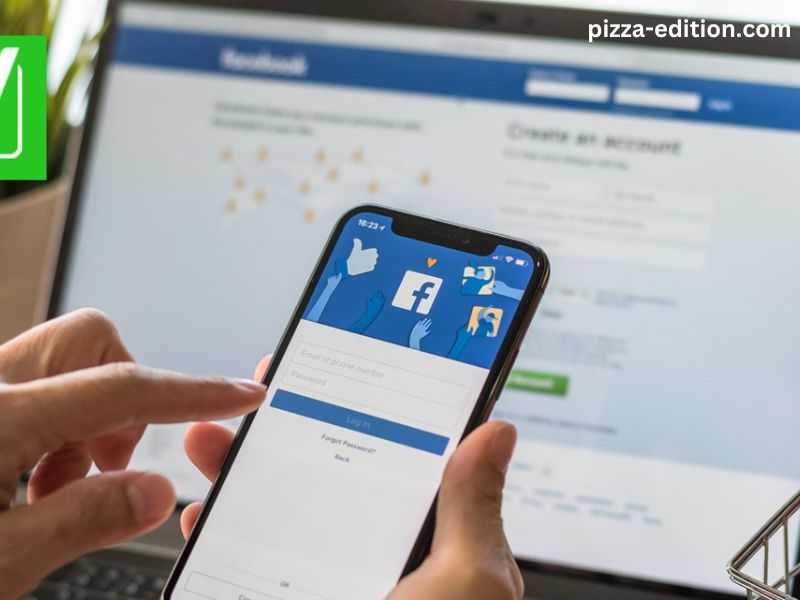As social media continues to evolve, one of the most pressing questions for users is whether platforms like Facebook Start Charging will shift from their long-standing model of free access to a paid subscription model. With recent trends in the tech industry, user data privacy concerns, and the ongoing need for revenue, many are wondering if Facebook will soon begin charging for its services. This article delves into the factors influencing this potential shift, the implications for users, and what it might mean for the future of social media.
The Current Business Model
Facebook, now under the umbrella of Meta Platforms Inc., has historically operated on a free-to-use model, monetizing primarily through advertising. Businesses pay to promote their products and services on the platform, while user data is utilized to target advertisements more effectively. This model has generated substantial revenue; in fact, in 2021, Facebook’s total revenue reached nearly $117 billion, largely from ad sales.
User Engagement and Advertiser Reliance
A significant factor behind Facebook’s decision to maintain a free service is user engagement. With billions of active users, Facebook thrives on keeping its audience engaged. The platform’s algorithms are designed to maximize user interaction, which in turn attracts more advertisers. The potential shift to a paid model could disrupt this dynamic, leading to reduced user engagement and a possible decline in advertising revenue.
Recent Developments in the Social Media Landscape
Growing Competition
The social media landscape has become increasingly competitive, with platforms like TikTok, Instagram, Snapchat, and others capturing significant user attention. These platforms often focus on short-form content and unique user experiences, which has pressured Facebook to innovate. The challenge is that innovation often requires significant investment, which can create pressure on revenue streams.
Economic Factors
Global economic conditions also influence Facebook’s revenue model. Rising inflation and economic downturns can lead to reduced advertising budgets for companies, which could impact Facebook’s revenue. In response, Facebook may consider alternative revenue streams, including potential subscription models, to offset losses in advertising.
Data Privacy Concerns
User privacy concerns have intensified over recent years, especially following scandals like Cambridge Analytica. Governments worldwide are tightening regulations around data privacy, which can impact Facebook’s ability to use data for targeted advertising. As the platform grapples with these challenges, a move towards a subscription model could allow for more transparency and potentially lessen the reliance on data-driven ads.
The Subscription Model: A Double-Edged Sword
Pros of a Subscription Model
- Stable Revenue Stream: A subscription model could provide Facebook with a more predictable revenue stream. Instead of relying solely on advertisers, Facebook could count on a consistent influx of user payments.
- Enhanced User Experience: Paid subscriptions could lead to an ad-free experience or, at the very least, a reduction in the number of ads shown. Users might appreciate a cleaner interface without constant promotional content.
- Focus on User Privacy: A subscription model could allow Facebook to pivot away from data-driven advertising, providing users with a sense of privacy and security. Users might feel more inclined to pay for a service that guarantees their data won’t be sold or used for targeted ads.
Cons of a Subscription Model
- User Backlash: Users have come to expect free access to social media platforms. Introducing a subscription fee could lead to significant backlash, with users abandoning the platform in search of free alternatives.
- Decreased User Base: If a subscription fee were introduced, many users, especially those in lower-income brackets, might find the cost prohibitive. This could lead to a significant decrease in the user base, impacting Facebook’s overall influence and reach.
- Impact on Advertisers: A decrease in user engagement could impact advertisers, leading to reduced revenue for Facebook. Businesses rely on Facebook’s large audience to reach potential customers; a shrinking user base could make the platform less appealing for advertisers.
Potential Pricing Structures
If Facebook were to introduce a subscription model, several pricing structures could be considered:
Tiered Subscription Levels
- Basic Tier: A low-cost subscription that offers an ad-free experience but retains some data collection for targeted advertising.
- Premium Tier: A higher-priced option that offers additional features, such as enhanced privacy settings, exclusive content, and advanced customization options for the user interface.
Freemium Model
Facebook could adopt a freemium model, where basic access remains free, but users pay for premium features. This model allows users to choose whether they want to pay for additional benefits while still retaining access to the core platform.
Pay-Per-Use Features
Instead of a flat subscription fee, Facebook might implement a pay-per-use system for specific features, such as advanced analytics for businesses, exclusive content, or enhanced visibility for posts.
The Response from Other Platforms
The potential for Facebook to start charging for its services could set a precedent for other social media platforms. If Facebook successfully implements a subscription model, other platforms may follow suit, particularly those facing similar challenges with ad revenue and user engagement.
A Shift in User Behavior
If users begin paying for Facebook, it may lead to a broader acceptance of subscription-based social media services. Platforms like LinkedIn have already seen success with premium subscription offerings, suggesting that users might be willing to pay for added value.
The Rise of Niche Platforms
A move towards subscription models could also encourage the rise of niche social media platforms. Users dissatisfied with Facebook’s potential changes might migrate to smaller platforms that offer specialized content or experiences, leading to a fragmented social media landscape.
Conclusion
The question of whether Facebook will start charging users remains open-ended. While the current business model has proven effective, external pressures such as economic challenges, competition, and data privacy concerns may compel the company to explore new revenue streams.
Balancing Act
For Facebook, the challenge will be finding a balance between monetization and user satisfaction. As users become more conscious of their digital footprints, a subscription model could appeal to a segment of the user base, but it risks alienating others.
The Bottom Line
Ultimately, whether Facebook will start charging users hinges on a variety of factors, including economic conditions, regulatory pressures, and shifts in user preferences. As social media continues to evolve, the decisions made by Facebook and similar platforms will shape the future landscape of digital communication. For now, users can only speculate on what lies ahead, but the conversations around monetization will undoubtedly continue to grow.




